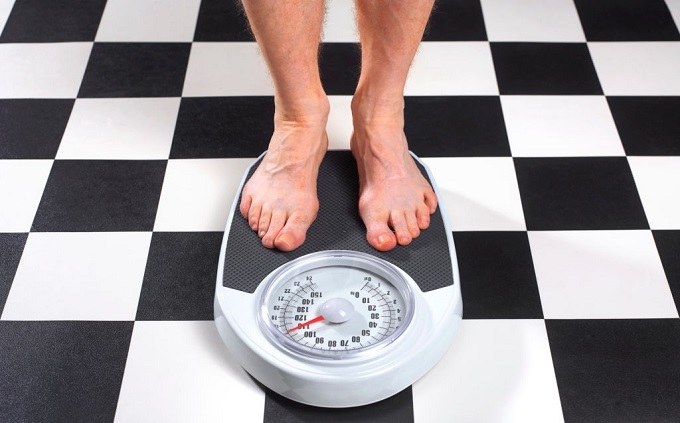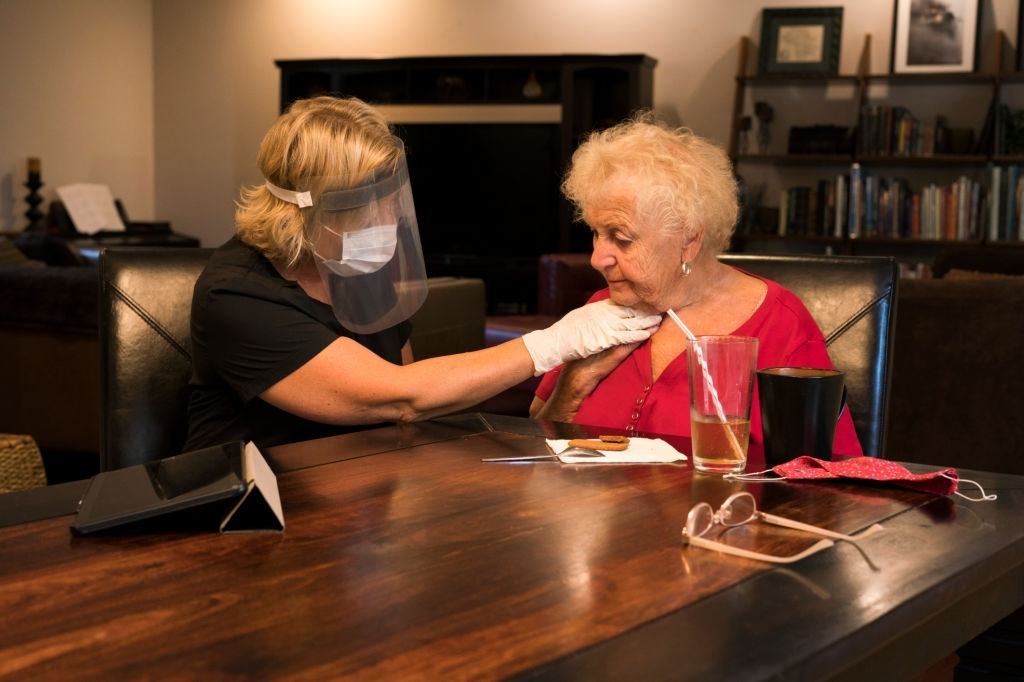Do you know what dysphagia is? It is the medical term for difficulty swallowing. It can be caused by various reasons, including cancer, stroke, dementia, and Parkinson’s disease. The elderly is more likely to suffer from this disease than any other age group because they are more susceptible to these conditions. We will discuss about symptoms and treatments for dysphagia in the elderly.
Symptoms for Dysphagia in the Elderly
1. Difficulty Swallowing
The main symptom is difficulty swallowing. You may feel that food or liquids get stuck in your throat, and you struggle to swallow them down. Some people also experience the sensation that their food is going down the wrong pipe and entering their lungs instead of their stomachs. If not treated, it can lead to pneumonia and other respiratory complications because the swallowed material enters the lungs rather than staying in the esophagus.
2. Loss of Appetite
Lack of appetite is another common symptom associated with the disease because those who suffer from it often struggle to eat regular meals. Their loss of appetite reduces caloric intake, which can cause nutritional deficiencies and malnutrition. Because this disease affects the quality of life, it is important to receive treatment.
3. Weight Loss

Weight loss can be attributed to malnutrition when food is not digested properly due to dysphagia. When you cannot eat normally, your body cannot get the nutrients it needs. This often results in weight loss because muscle mass decreases while fat tissue remains intact. If this symptom goes untreated, you could suffer from cachexia. In this condition, large amounts of stored fat are broken down at a higher rate than usual, leading to even greater weight loss despite normal or increased calorie intake.
4. Heartburn
Heartburn is another common symptom of the disease. It occurs when swallowed material backs up into the esophagus, causing irritation, leading to heartburn-like symptoms. If you experience this symptom, you must receive treatment as soon as possible.
Treatment of Dysphagia in the Elderly
1. Mechanical Dysphagia Devices
A mechanical device might be the solution if you suffer from difficulty swallowing. It helps food and liquids pass smoothly through your throat and into your stomach. It can take some getting used to, mainly if you have never used one before, but the result is worth it because that means that you are receiving proper treatment for the disease.
2. Surgical Procedures
If a tumor or other condition is causing the disease in elderly patients, surgery could be necessary to remove whatever obstructs the digestive tract. During the surgical procedure, doctors will make an incision near or around the patient’s neck to access their digestive system. Some of the most common surgical procedures for treating the disease in older people include feeding tubes, gastrostomy, tracheotomy, and vocal cord injection.
3. Medication
Many medications can treat dysphagia by reducing inflammation in your throat or even stimulating muscles throughout your digestive tract to make swallowing easier. For example, some drugs slow the production of acid, which lessens heartburn symptoms caused by the disease. If you are experiencing difficulty swallowing food and liquids due to cancer treatments like chemotherapy, certain opiates could help reduce painful side effects associated with the disease.
Conclusion
Dysphagia can be a life-threatening condition if it goes untreated. You must receive treatment for the disease as soon as possible to avoid other complications. If you suffer from difficulty swallowing, there are many options available, including mechanical devices, surgical procedures, and medication.

